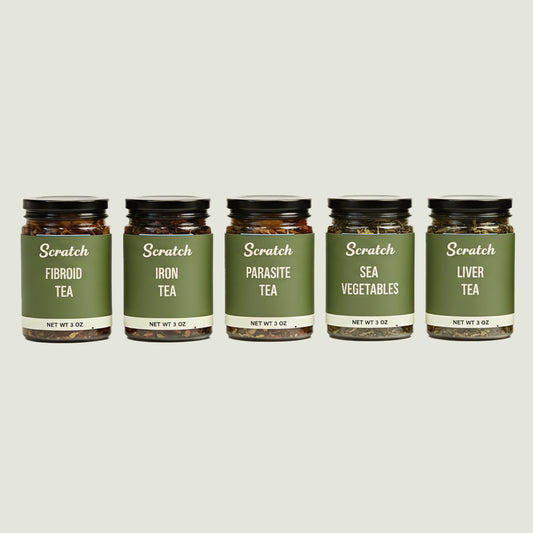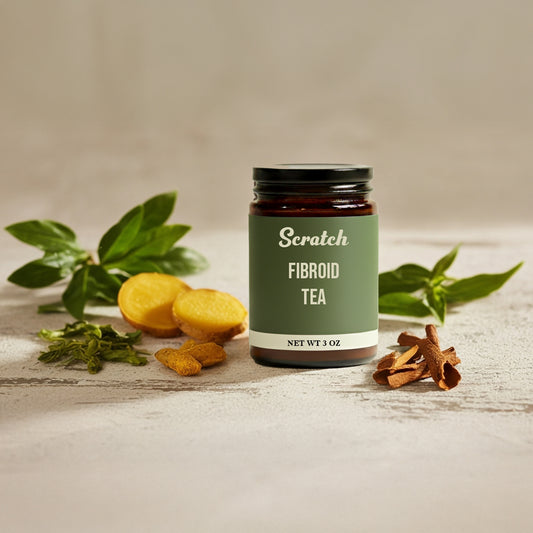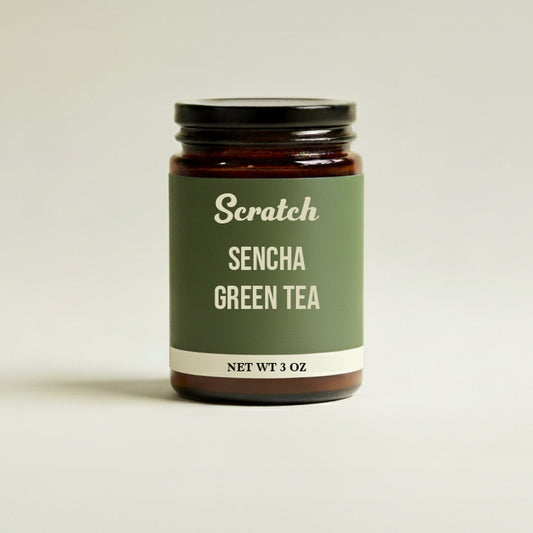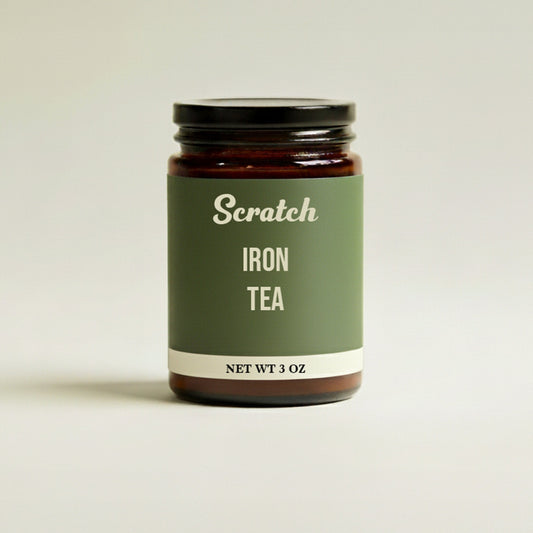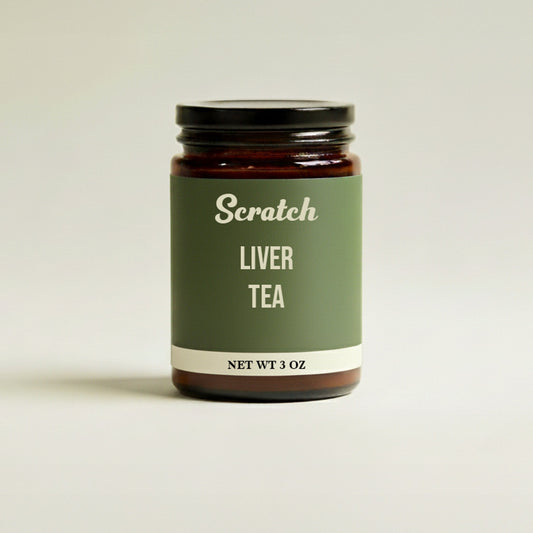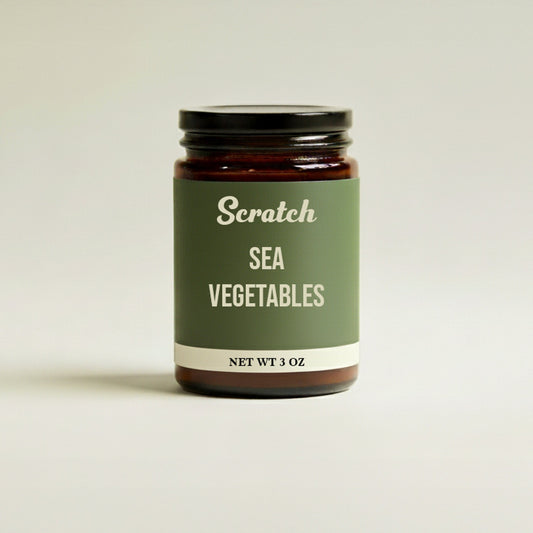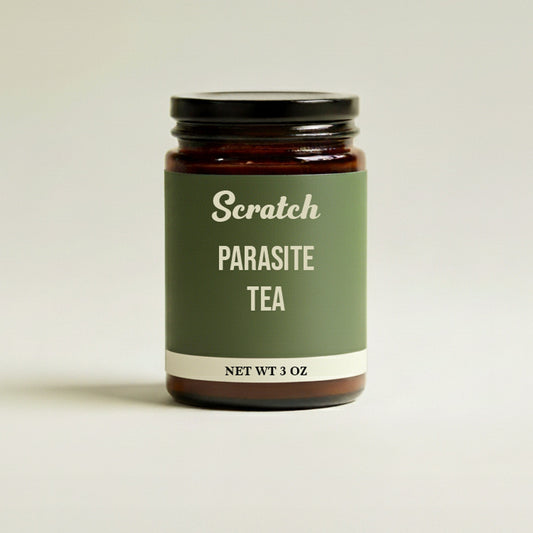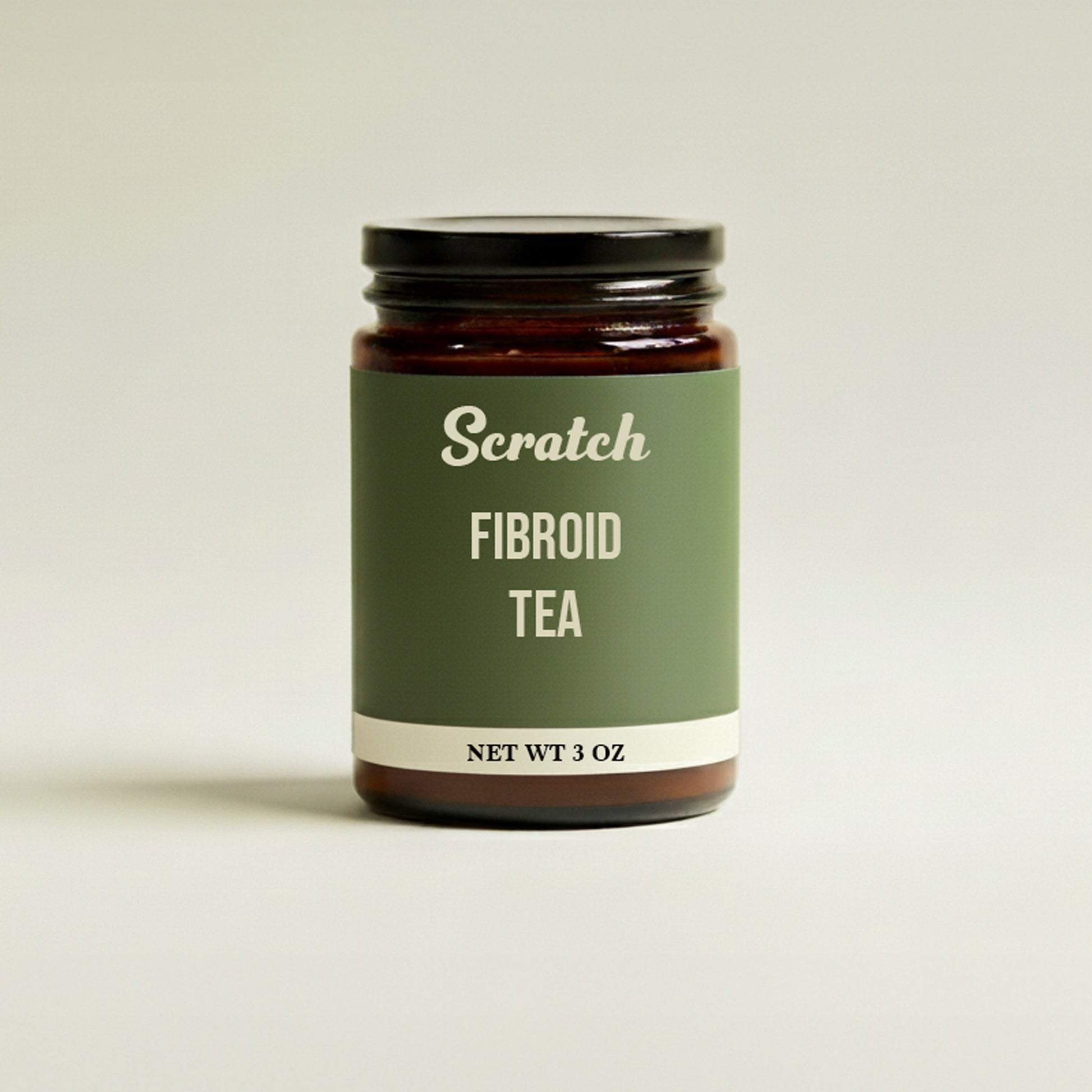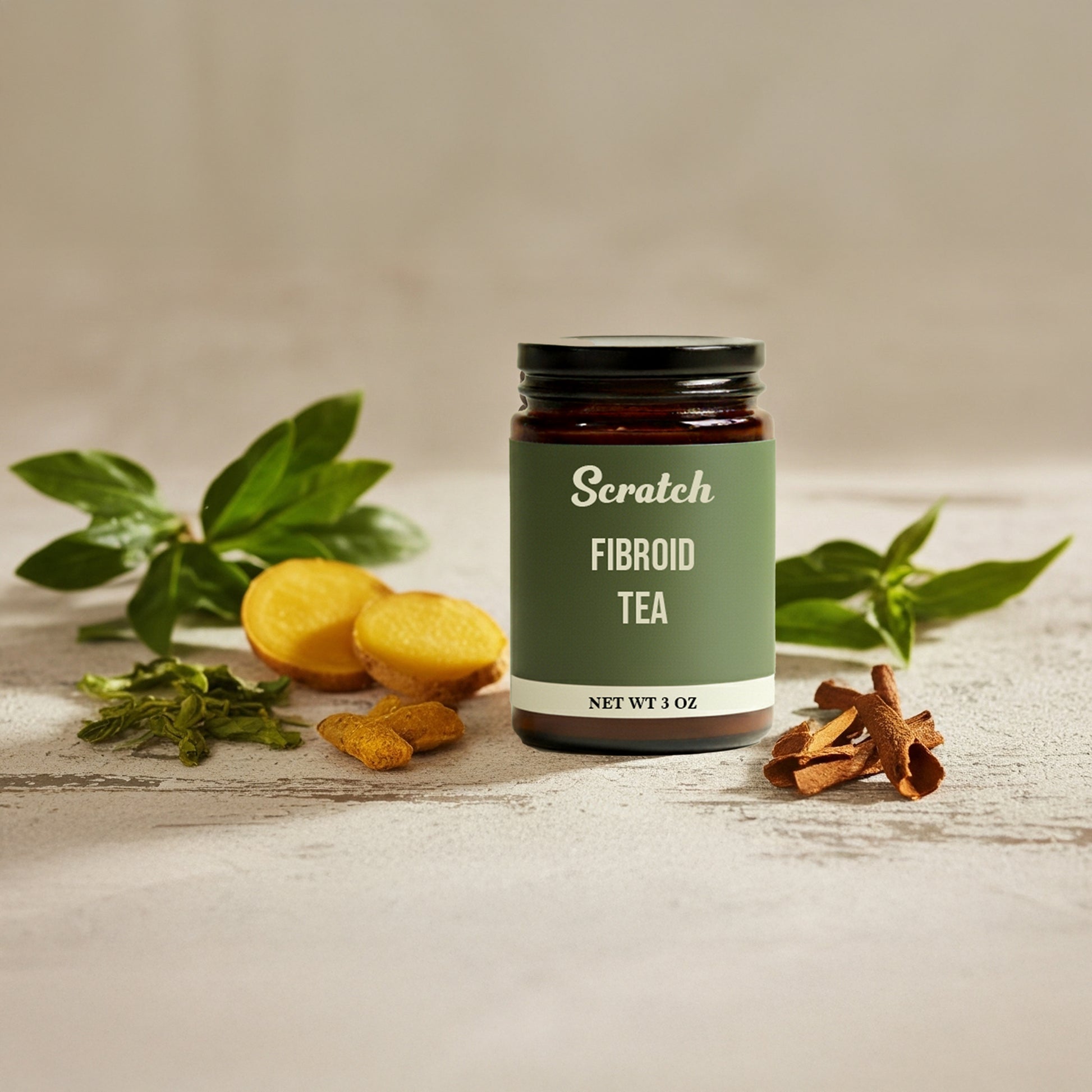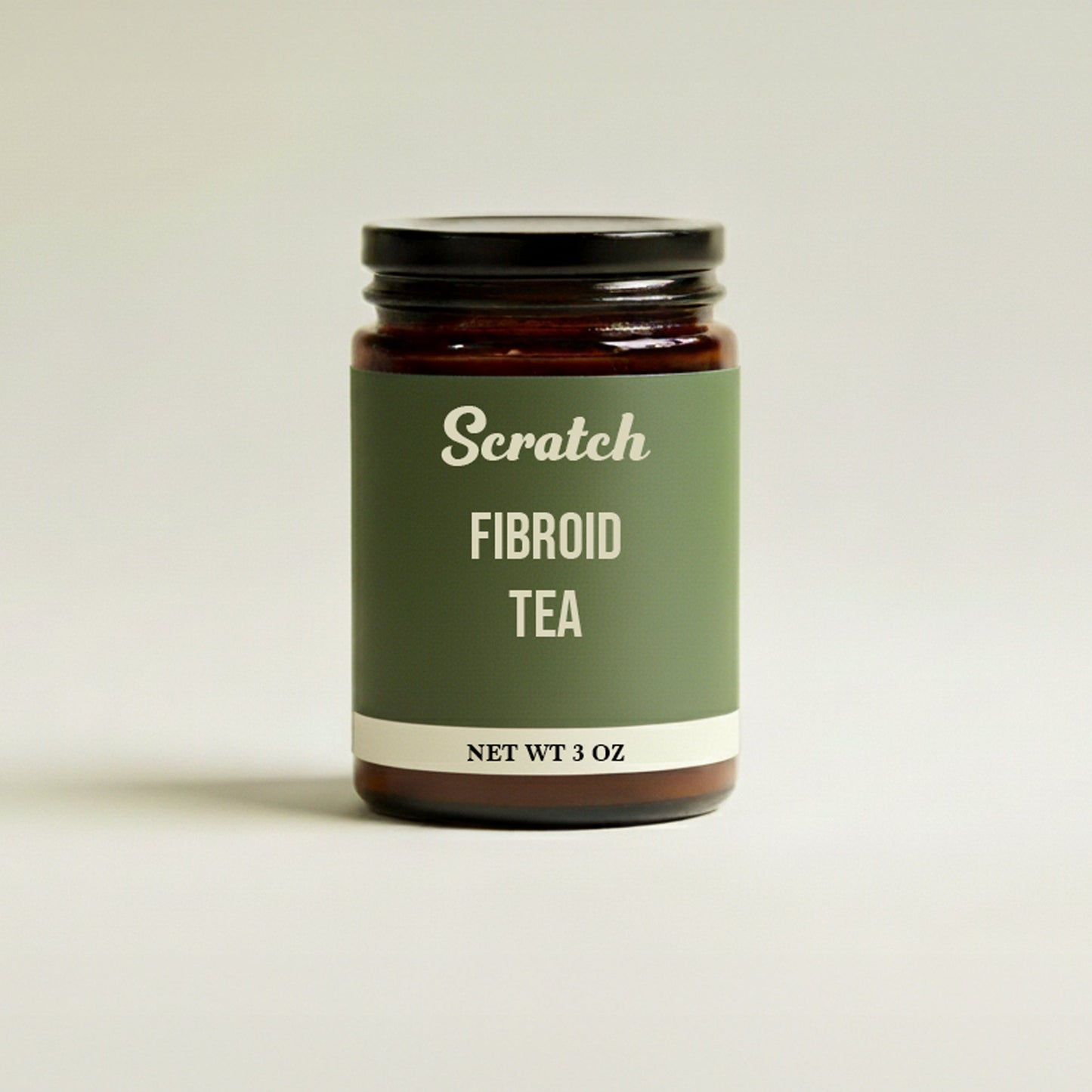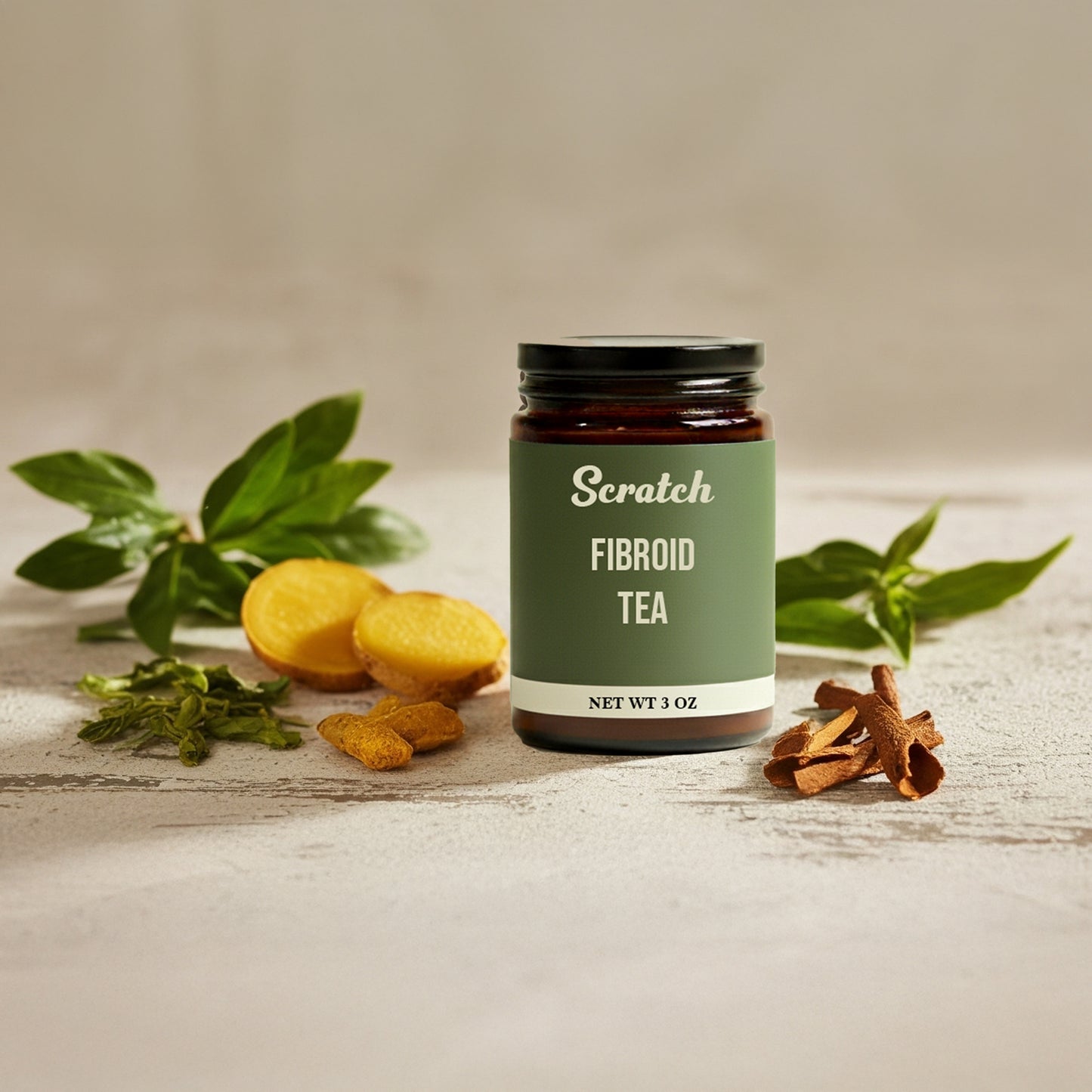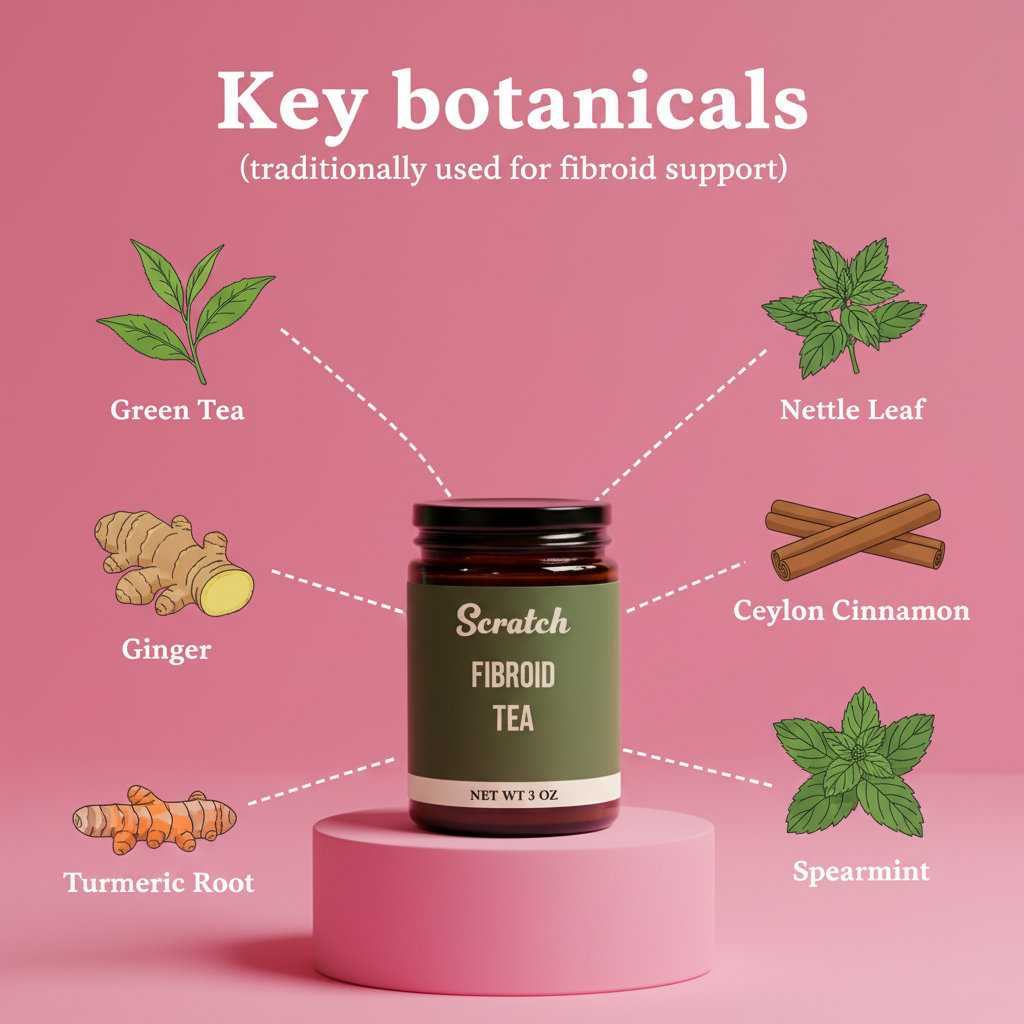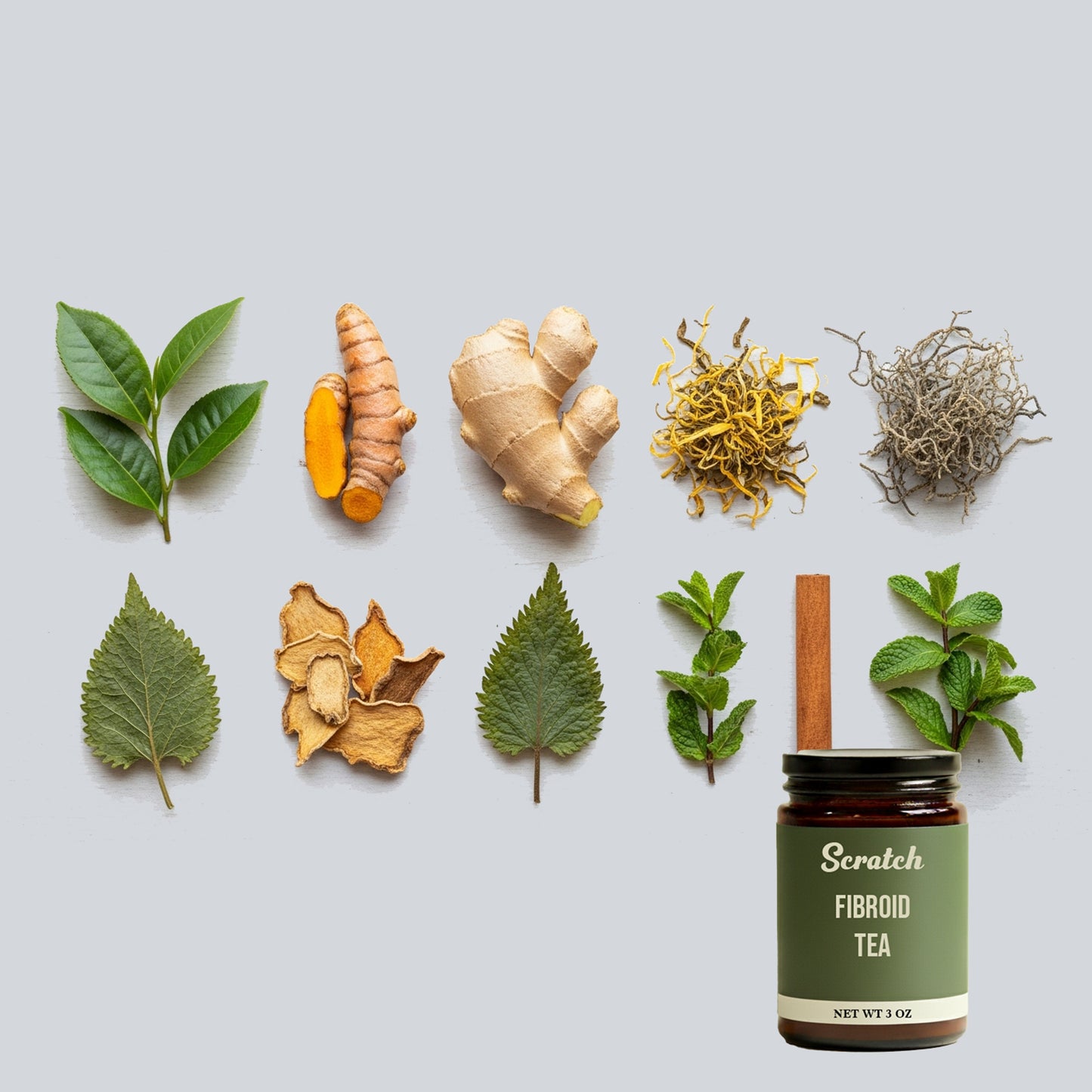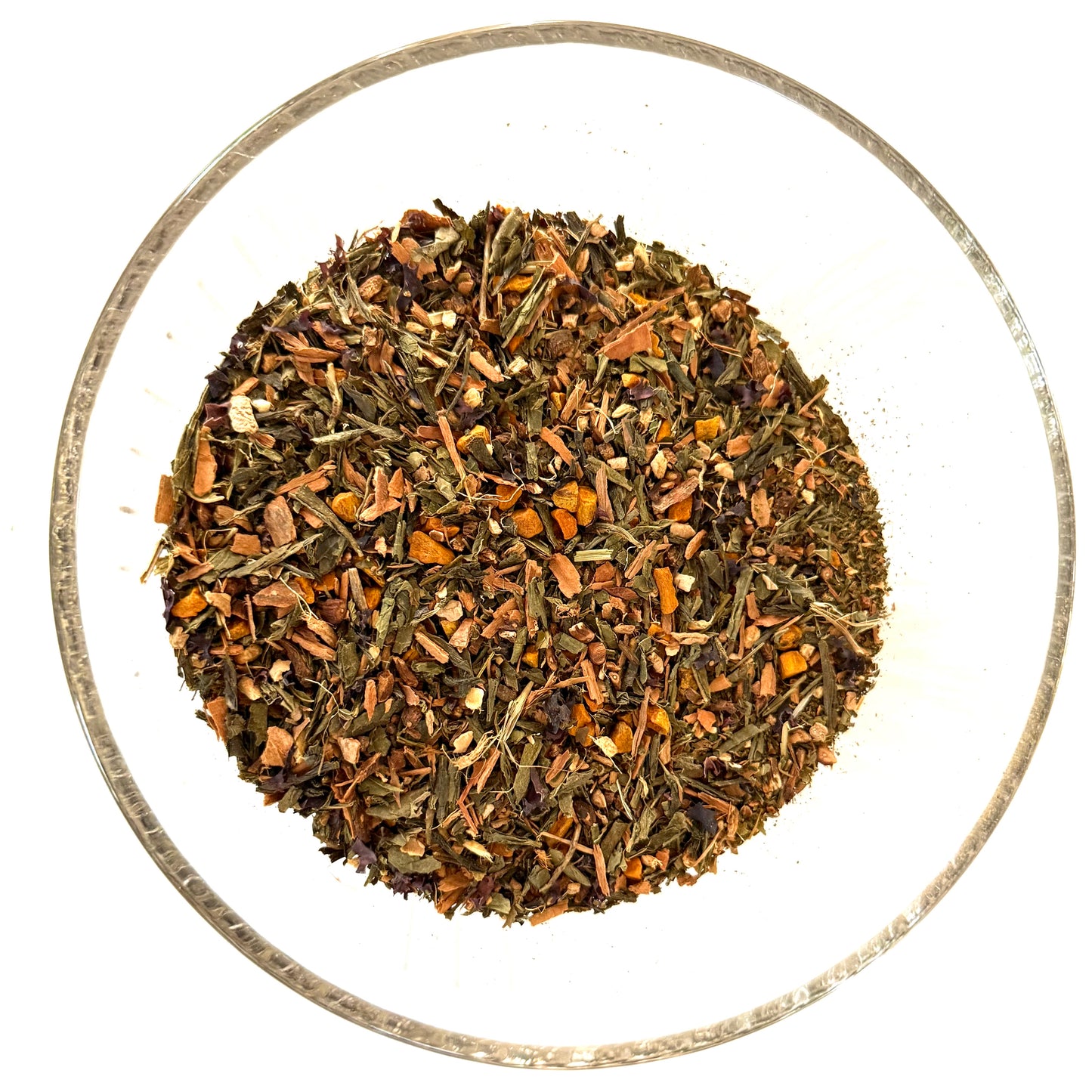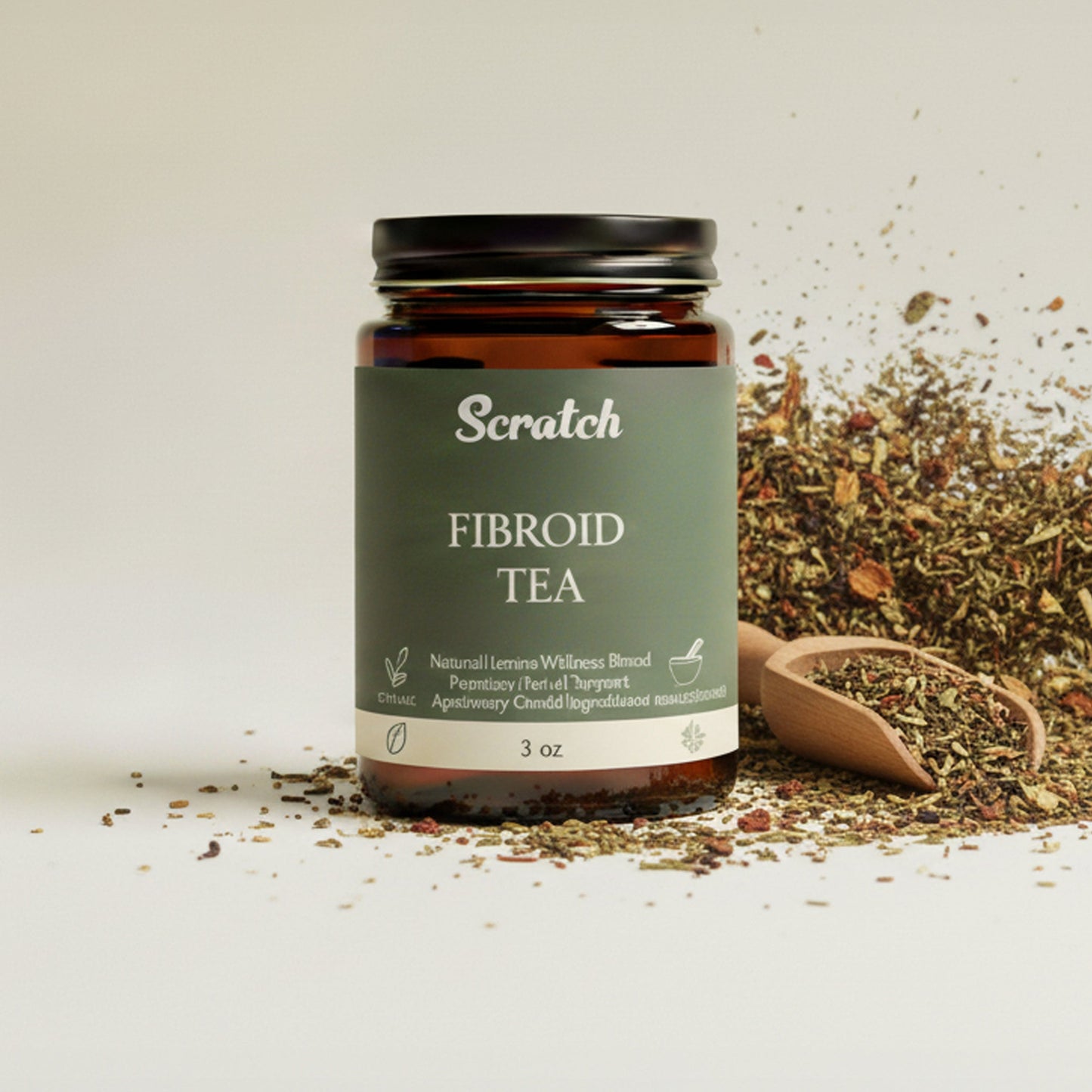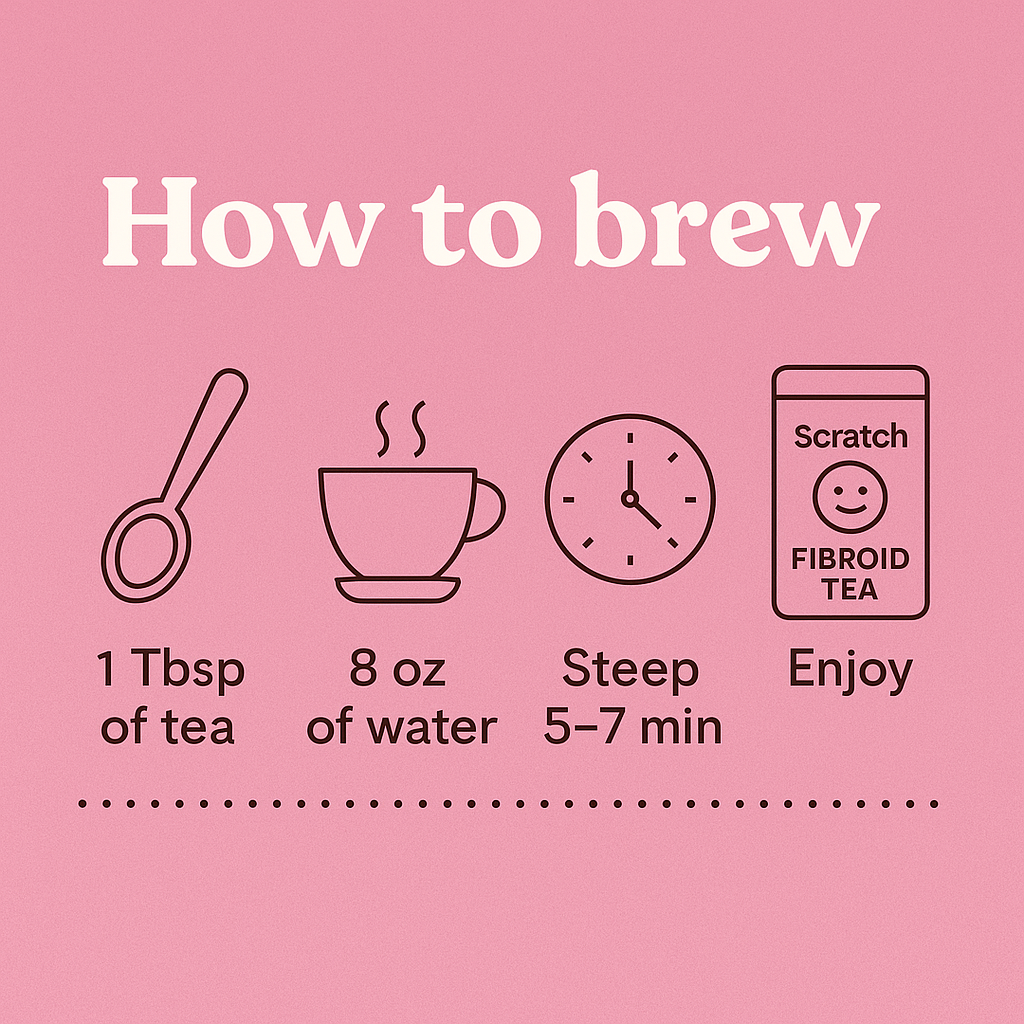Herbal Remedies For Parasite Removal for Fibroids: Benefits, Safety, and How to Use
Interest in “parasite cleanses” and herbal remedies has surged online, often overlapping with conversations about uterine fibroids. As a medical writer and fibroids specialist, I want to be clear from the outset: there is no credible scientific evidence that parasites cause uterine fibroids, nor that herbal parasite cleanses shrink or cure them. Uterine fibroids are benign smooth muscle tumors driven primarily by hormones and genetics, not infections. That said, understanding the claims, potential risks, and evidence-based alternatives can help you make safer, more informed decisions.
What Are Fibroids—and What Causes Them?
Uterine fibroids (leiomyomas) are common noncancerous growths in the uterus. They can cause heavy menstrual bleeding, pelvic pressure, pain, anemia, fertility challenges, and pregnancy complications for some people—while others have no symptoms. Risk increases with reproductive age until menopause, family history, and certain hormonal and metabolic factors. Authoritative sources like MedlinePlus and the American College of Obstetricians and Gynecologists (ACOG) note that fibroids are influenced by estrogen/progesterone signaling and genetic changes in the uterine muscle—parasites are not recognized as a cause.
Learn more: MedlinePlus: Uterine Fibroids; ACOG: Uterine Fibroids.
Do Parasites Cause Fibroids?
No. While intestinal or tissue parasites can cause a range of health problems, there is no evidence linking parasitic infections to the development of uterine fibroids. The Centers for Disease Control and Prevention (CDC) provides extensive information on parasitic diseases, but uterine fibroids are not among them. If you suspect a parasitic infection based on symptoms or exposure, seek medical evaluation and testing rather than self-treating with herbs.
See: CDC: Parasites.
Common Herbal “Parasite Cleanse” Ingredients—What We Know
Several herbs are promoted online for “parasite removal.” Here’s what trusted sources say about their efficacy and safety:
Wormwood (Artemisia absinthium)
Often included in cleanse kits, wormwood contains thujone, a compound that can be neurotoxic at sufficient doses. There is no high-quality evidence that wormwood treats human intestinal parasites in modern clinical practice, and it has not been shown to improve fibroids. The National Center for Complementary and Integrative Health (NCCIH) cautions about safety concerns, especially in pregnancy or in people with seizure disorders.
Reference: NCCIH: Wormwood.
Black Walnut Hull (Juglans nigra)
Marketed as antiparasitic, black walnut hull lacks robust clinical evidence for human parasite treatment and has no proven role in fibroids. It can trigger severe allergic reactions in people with nut allergies and may irritate the gastrointestinal tract.
Clove (Syzygium aromaticum)
Clove contains eugenol, which has antimicrobial properties in lab studies. Concentrated clove oil can be toxic—rare cases of liver injury and bleeding complications have been reported—especially in children. It is not a proven treatment for parasites or fibroids.
Goldenseal (Hydrastis canadensis) and other berberine-containing herbs
Goldenseal and herbs containing berberine can interact with many medications (affecting CYP3A4 and P-glycoprotein). Berberine is unsafe for infants and may be risky during pregnancy. There is no evidence that goldenseal or berberine shrink fibroids or treat parasites in routine practice.
Reference: NCCIH: Goldenseal.
Garlic (Allium sativum)
Garlic is often touted for antimicrobial effects, but it is not an established therapy for parasitic infections or fibroids. High-dose garlic may increase bleeding risk and can interact with certain medications.
Reference: NIH ODS: Garlic Fact Sheet.
Safety First: What the FDA and NIH Say About Supplements
In the United States, dietary supplements are regulated differently from drugs. The Food and Drug Administration (FDA) does not approve supplements for safety or effectiveness before they reach the market. Quality and potency can vary markedly between brands, and products may be contaminated or mislabeled. Claims to treat or cure diseases (e.g., “eliminates parasites,” “shrinks fibroids”) are not permitted for supplements.
Before using any supplement—especially for a condition like fibroids—talk with your clinician or pharmacist. This is critical if you are pregnant, trying to conceive, have liver or kidney disease, or take medications such as blood thinners, seizure medicines, heart drugs, or hormonal therapies.
Read more: FDA: Dietary Supplements; NCCIH: Detoxes and Cleanses—What You Need To Know.
How to Approach Parasite Concerns and Fibroid Care (Evidence-Based)
If you think you have a parasite
- Get evaluated: A clinician can order appropriate stool or blood tests to identify the organism.
- Use proven treatments: Prescription antiparasitic medications (e.g., albendazole, praziquantel, ivermectin—depending on the species) are effective and well-studied.
- Avoid self-treatment with potent herbs: Delays in proper therapy can lead to complications.
Evidence-based care for uterine fibroids
Depending on your symptoms, size and location of fibroids, reproductive plans, and overall health, options include:
- Watchful waiting for small, asymptomatic fibroids.
- Medications to reduce heavy bleeding and pain: NSAIDs, tranexamic acid, hormonal contraceptives, and FDA-approved oral GnRH antagonists with add-back therapy for heavy menstrual bleeding due to fibroids (elagolix/estradiol/norethindrone acetate; relugolix/estradiol/norethindrone acetate).
- Procedures: Uterine artery embolization, MRI-guided focused ultrasound, myomectomy (uterus-sparing surgery), or hysterectomy.
Discuss risks, benefits, and fertility considerations with a gynecologist.
References: ACOG: Uterine Fibroids; FDA approvals: FDA (search for Oriahnn and Myfembree labeling).
“How to Use” Herbal Remedies—If You Still Decide to Try Them
Given the lack of evidence for parasite cleanses in fibroids—and real safety concerns—the medical consensus is to avoid using these herbs for fibroid treatment. If you still consider an herbal product for general wellness, follow this safety checklist:
- Consult your clinician or pharmacist first, and share all prescription and OTC medications.
- Avoid during pregnancy, when trying to conceive, or if you have liver/kidney disease or seizure disorders.
- Don’t replace prescribed treatments for parasites or fibroids with herbs.
- Choose products that undergo independent quality testing (e.g., USP, NSF, or ConsumerLab verification). This does not prove effectiveness but may reduce contamination risk.
- Start only one product at a time and monitor for side effects such as rash, dizziness, abdominal pain, jaundice, or bleeding. Stop and seek medical care if they occur.
- Stop supplements 1–2 weeks before surgery or procedures due to bleeding and anesthesia risks—confirm timing with your surgeon.
- Report serious adverse events to FDA MedWatch.
When to Seek Medical Care Urgently
- Severe pelvic pain, fainting, or heavy bleeding soaking through pads/tampons hourly.
- Signs of anemia: extreme fatigue, shortness of breath, chest pain, dizziness.
- Yellowing of the eyes/skin, dark urine, or severe abdominal pain after starting a supplement.
Bottom Line
Herbal remedies marketed for “parasite removal” have not been shown to prevent, treat, or shrink uterine fibroids. Some carry meaningful safety risks and drug interactions. If you’re concerned about parasites, seek testing and appropriate prescription therapy. For fibroids, rely on evidence-based options—from watchful waiting and medications to minimally invasive procedures and surgery—tailored to your goals. Partner with a clinician you trust, and approach supplements cautiously using credible information from NIH, FDA, CDC, and ACOG.
Key Sources
- MedlinePlus: Uterine Fibroids
- ACOG: Uterine Fibroids
- CDC: Parasites
- NCCIH: Wormwood
- NCCIH: Goldenseal
- NIH ODS: Garlic
- NCCIH: Detoxes and Cleanses
- FDA: Dietary Supplements

